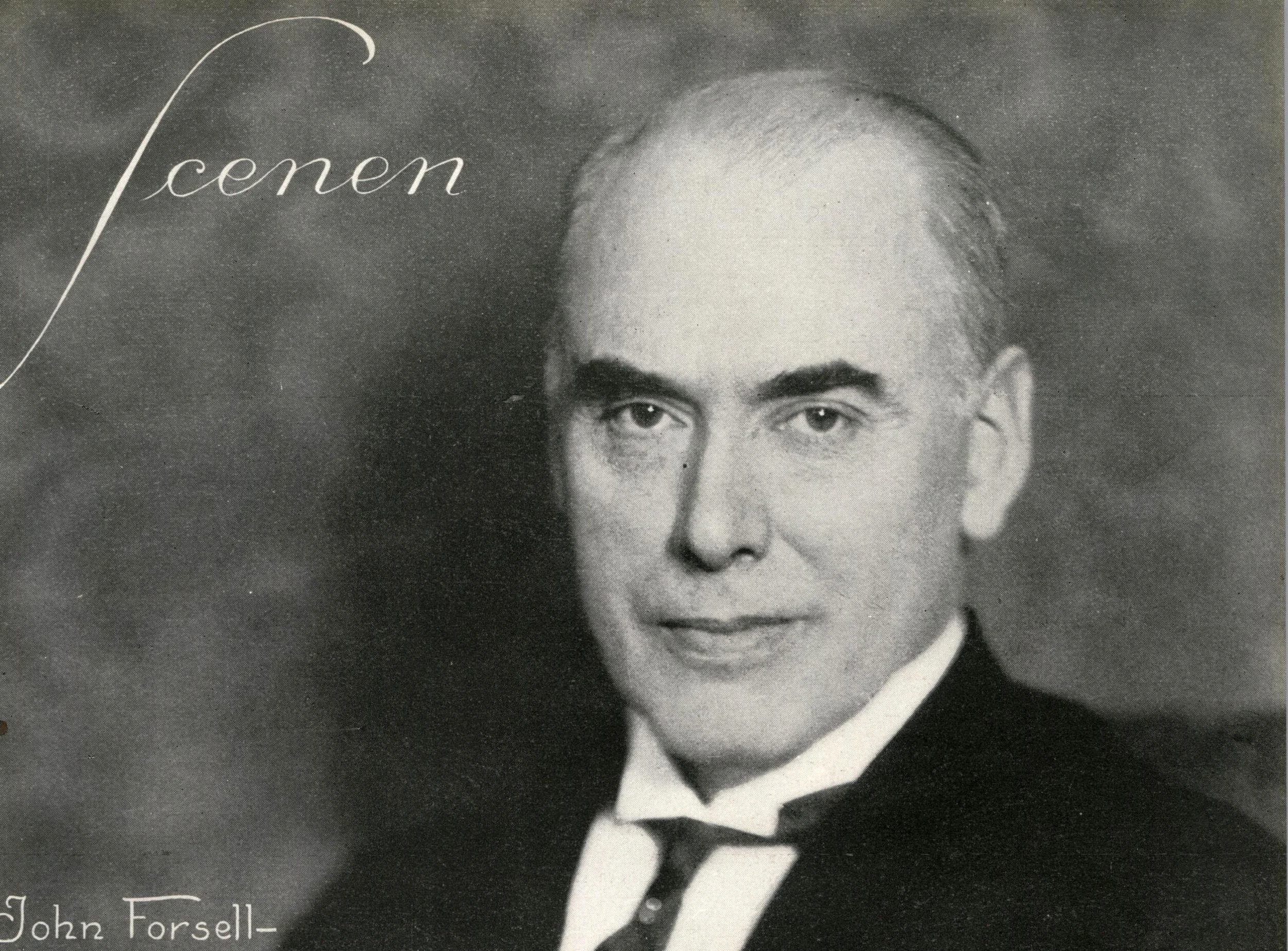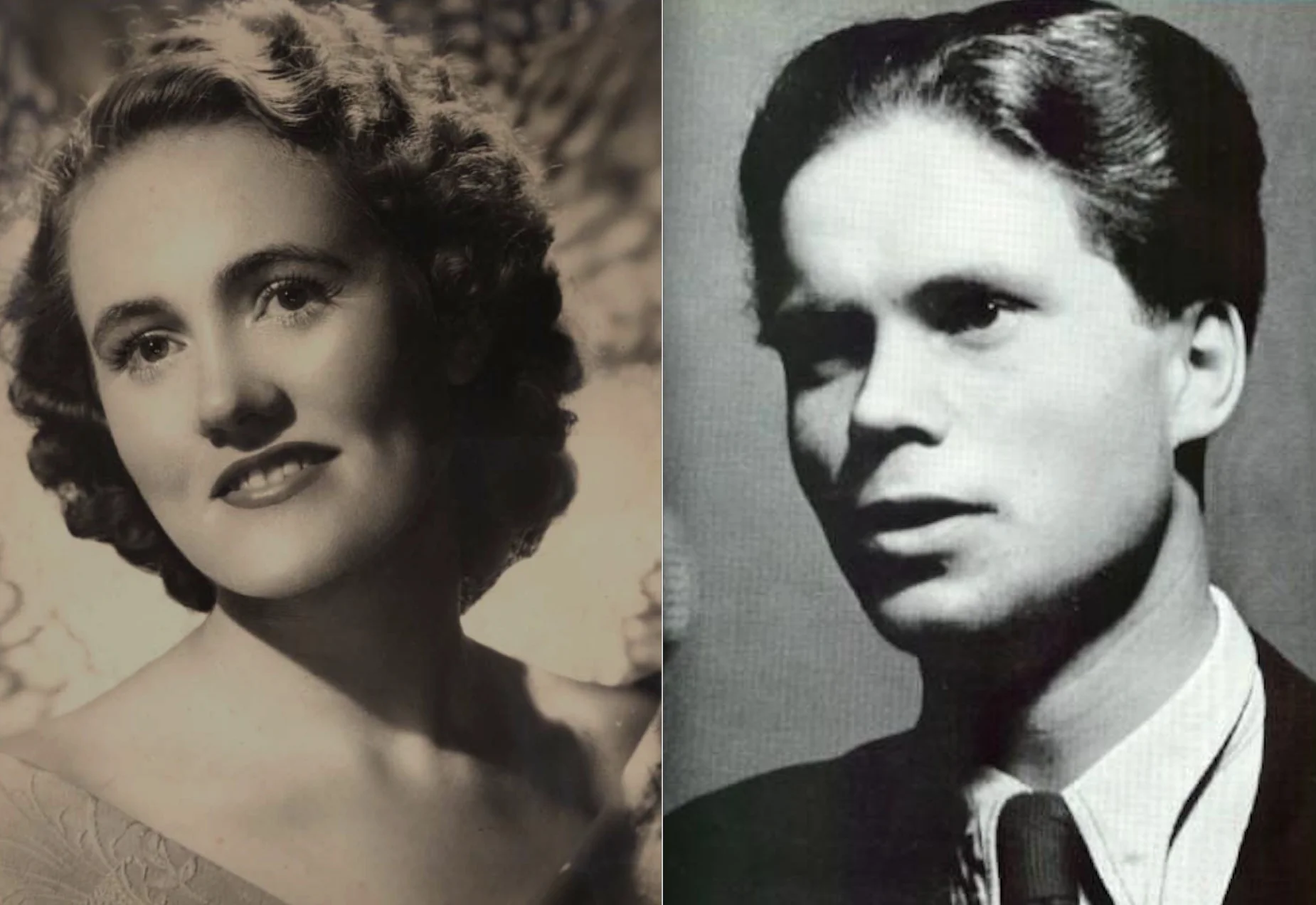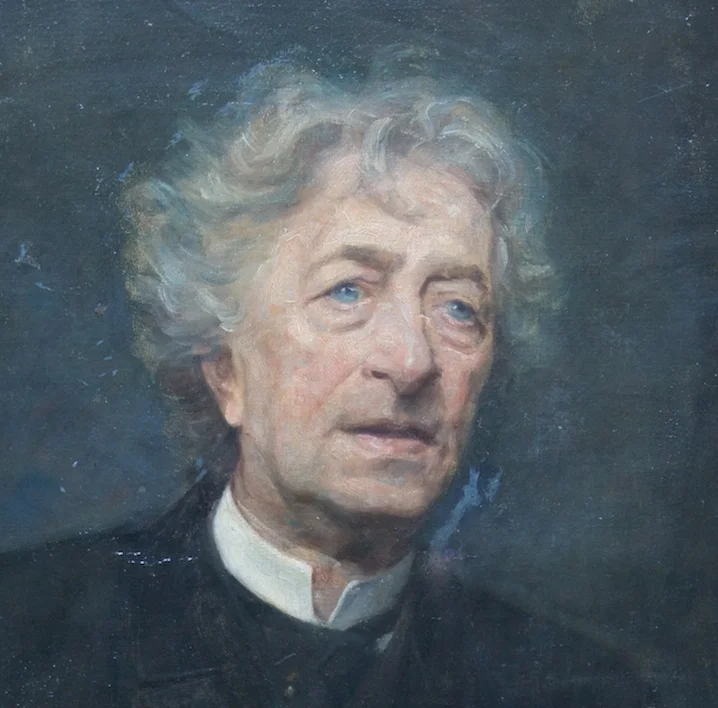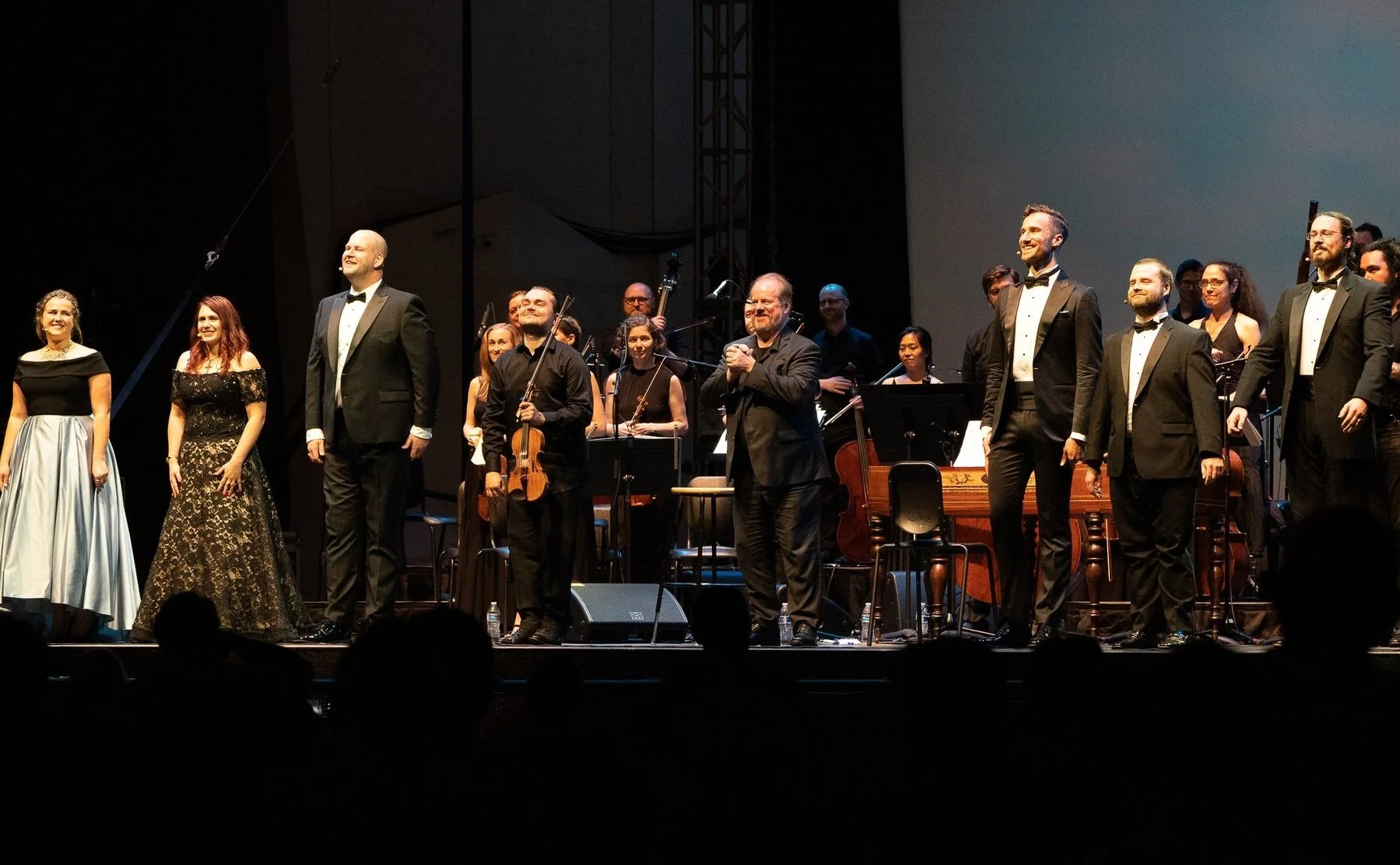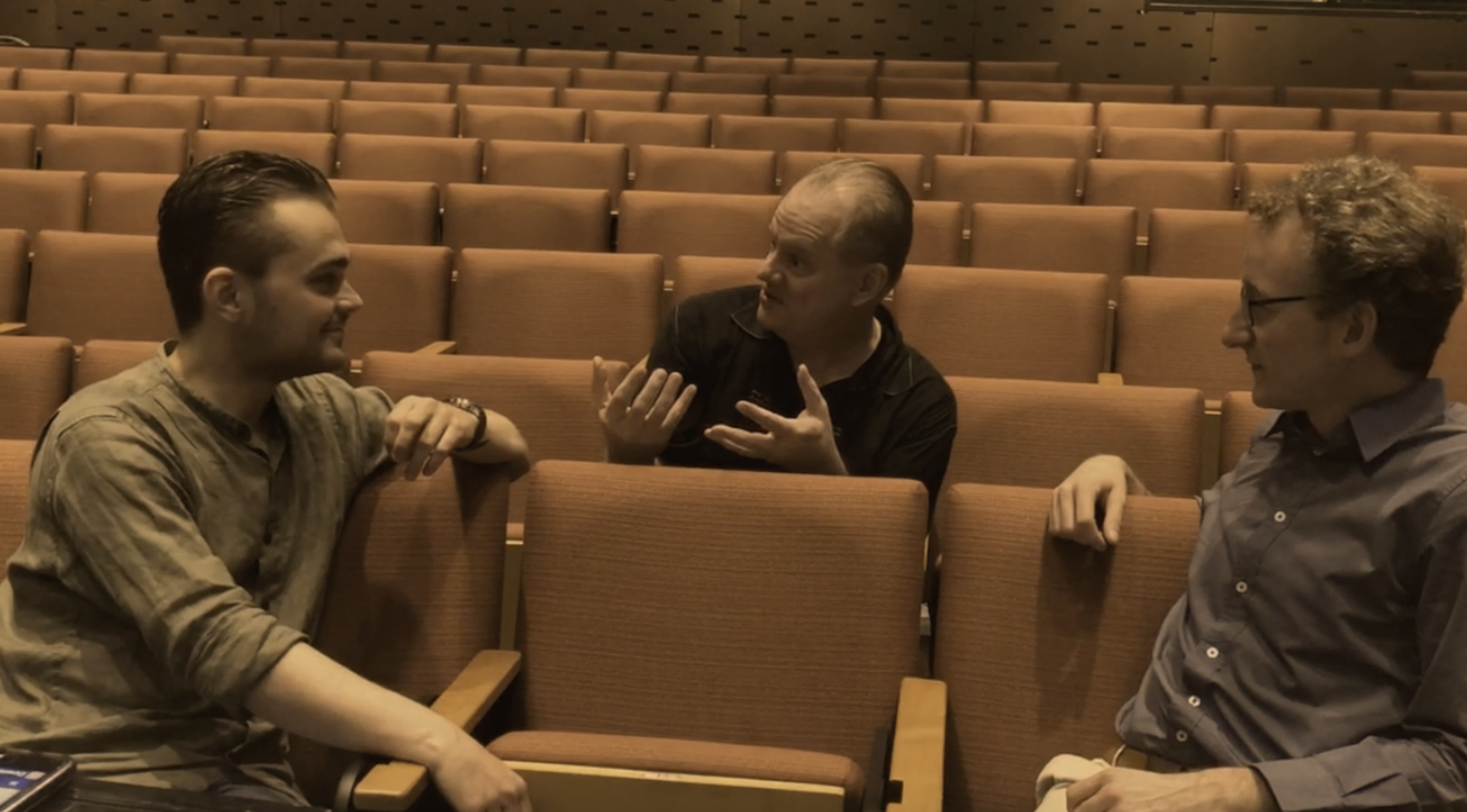From the Italian version of Martha
Battistini as Rigoletto in Moscow, 1906
The charms of Martha have faded, but Flotow’s sentimental comedy was once a repertory staple worldwide. That meant, of course, that translations were prepared for every opera-loving country, and when starry Italians were about to sing it, Flotow made it his business to add some new arias. This is one of the latter, sung by the starriest Italian baritone of them all, Mattia Battistini (1856-1928).
Battistini had some faults, especially in his later years (we can hear him only from the age of 46 to 68). But this disc, cut in 1906 when he was fifty, mainly shows his virtues, and they were the classic ones. Above all, sheer line: a tone that keeps spinning - no gaps, no falters, no fuzzy notes or lackluster ones. It’s not so much the details that make the effect here - it’s the absence of negative details, the cumulative impact of uninterrupted beauty.
It is a baritone of distinctly tenorish quality - perhaps startlingly so in the recitative, where there is no hint of the darkened vowel sounds that later became popular for lower male voices. Even in the context of Battistini’s time, this was definitely a voice happier at the top of the range than the bottom. But there is plenty of power in the area around middle C that is not quite high enough for most tenors to sound powerful. And once the aria proper starts, the magic begins: soft notes like velvet, loud ones like silver and seemingly effortless. And it just keeps coming, eventually with hypnotic effect through sheer continuity and generosity of tone. The burst of virtuosity in the final cadenza is an unexpected bonus. A copy of the music can be downloaded here, in case anyone would like to follow along or any lyric baritones would like a fresh audition aria.
Teatro Nuovo puts great emphasis on learning from the singers who had never heard, or heard of, microphone singing - primitive recordings from more than a century ago, forming a link to the traditions of opera’s heyday and the infinite potential of the natural, unassisted human voice. Check this space regularly for samples, and click here for some pointers on how to listen.
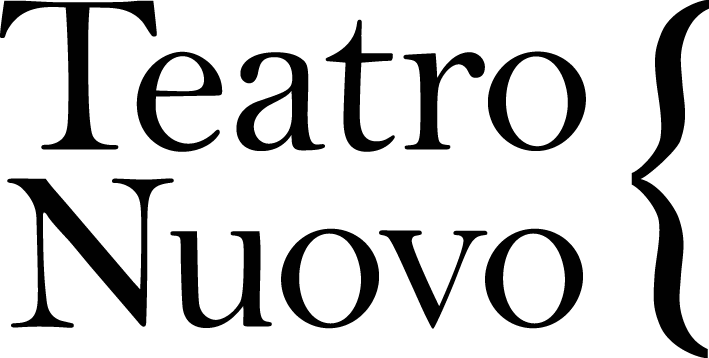




![Image 2 - Henry T. [Harry] Burleigh - Detroit Public Library.jpeg](https://images.squarespace-cdn.com/content/v1/596bb4e703596e837b624445/1591713684327-N7HW488JSZ7EN8T5AJSR/Image+2+-+Henry+T.+%5BHarry%5D+Burleigh+-+Detroit+Public+Library.jpeg)













